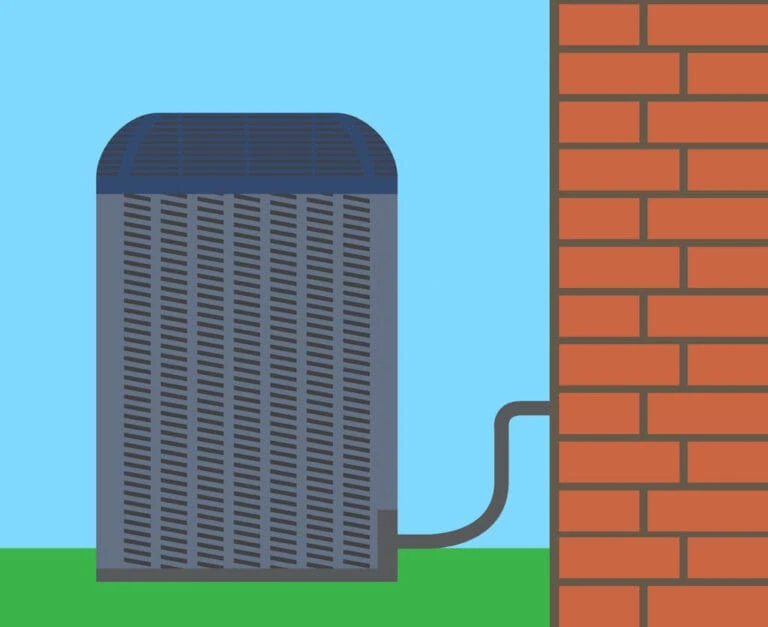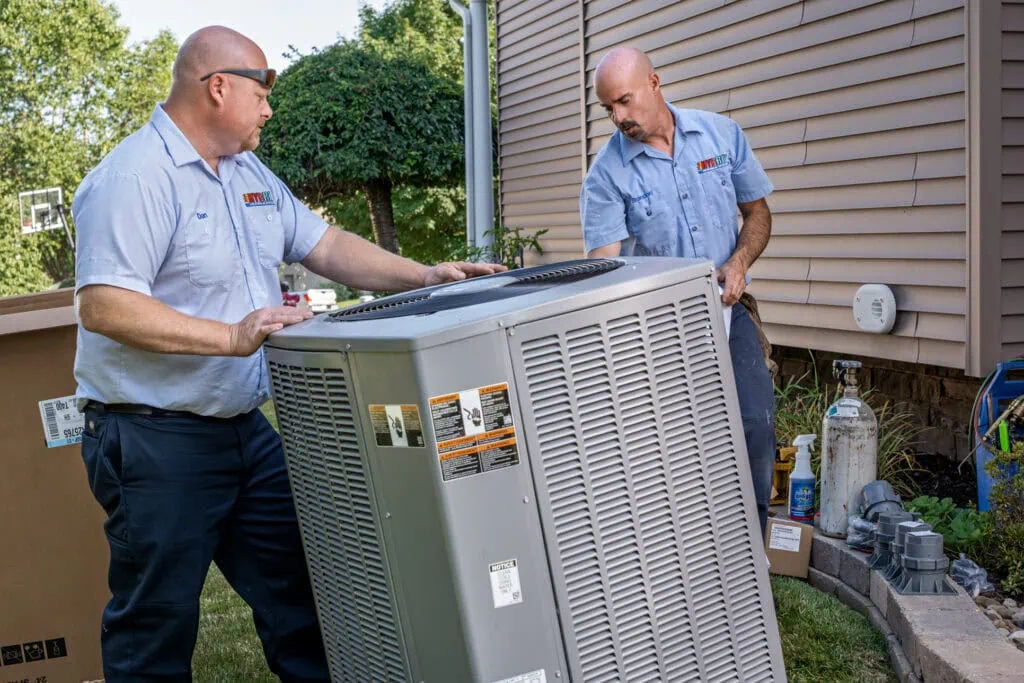Q: My air conditioning unit has quit working. How do I know if it’s better to repair or replace it?
A: Repairs on the existing unit may be the least expensive immediate option, but could cost more in the long run because older systems tend to break down repeatedly and consume more energy. However, there are some simple repairs that can prolong the life of an air conditioner. To determine if you should repair or replace, consider the following:
● Is the air conditioner on its last leg? If the unit is more than 10 years old, replacing the system with a new ENERGY STAR-qualified system can save time, money and hassle. If the system is less than 10 years old, routine maintenance is almost always the way to go.
● Are your energy bills steadily increasing? By replacing an old 8 SEER (seasonal energy efficiency rating) cooling system, with a 15 SEER system, homeowners can save approximately 47 percent on energy bills and up to $3,095 over a five-year period.
● Is the refrigerant used in the air conditioner on the verge of extinction? Most older systems use a refrigerant known as Freon (also known as R-22). Because Freon has been found to be ozone-depleting, the EPA’s Clean Air Act mandates that new air conditioning systems manufactured after 2010 use an environmentally friendly substitute like the chlorine-free and ozone-responsible R410A refrigerant. With the switch to R410A, the availability of Freon will eventually dwindle, and the cost will likely increase due to limited supplies.
● Did your home feel like a sauna even before the air conditioner stopped working? A poorly operating air conditioner, or one that is not properly sized for the home, can contribute to excessive humidity. Leaky ductwork can also cause this. Talk with a reputable HVAC contractor to determine if you need to replace the system with one that is the right size, or if the issue can be resolved with repairs or duct sealing.




